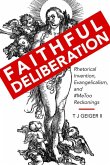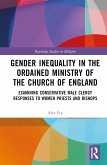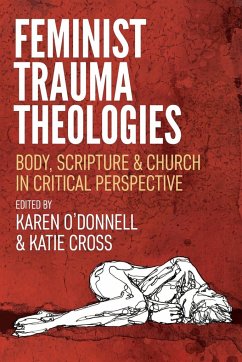"This radical book examines the historical formation of Catholic theology from the perspective of the spiritual abuse of women. Debra Flint defines spiritual and political power abuse before considering female influence in the Church from New Testament times to date. She clearly demonstrates how women, who were respected by Jesus and authoritative in the early Church, were gradually eliminated from positions of influence by patriarchy and the growing development of misogyny. Tertullian, a late second-century Church Father, was one of the first to decry the ordination of women that occurred during his lifetime. He did this in a spiritually abusive way. Later, the fourth-century Synod of Laodicea took up this mantle, but despite this, women continued to be ordained as deacons until the ninth century in some areas. In Anglo-Saxon Britain, women were never ordained, but they held exceptionally high powers of governance on the same level as that of a bishop. These female powers of governance were lost due to the Viking raids, which were highly convenient to Rome. The East-West Schism was another historical event that further demised women as it left the Western Church free to promote mandatory celibacy, which the Eastern Church had always opposed. This led to an unbiblical elevation of the status of priest in the Western Church, which further reinforced a misogynist view of women. This demise of women was enshrined in ecumenical councils and through the development of Catholic Canon Law. In No Place for a Woman, Flint examines the hierarchical structure of the Church today and notes that in recent years there have been some attempts to involve women more fully, but these have been mere tinkering at the edges. What is really needed is a complete change of culture and a new feminist theology for which Flint seeks to lay the ground"--
Hinweis: Dieser Artikel kann nur an eine deutsche Lieferadresse ausgeliefert werden.
Hinweis: Dieser Artikel kann nur an eine deutsche Lieferadresse ausgeliefert werden.








